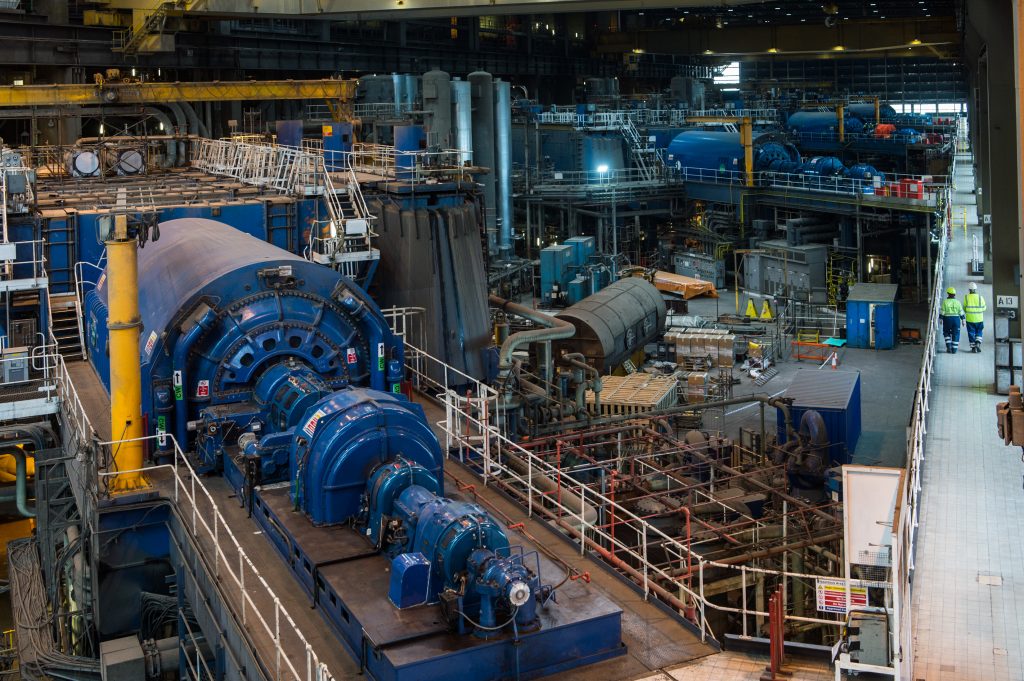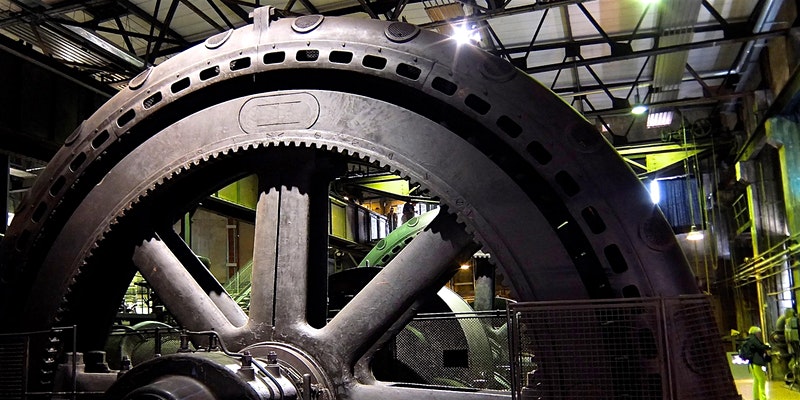What are the current perceptions and direction of travel around Grid Inertia?
This is the summary of an event which took place the the University of Nottingham on 24th February on the subject of Grid Inertia.
Grid Inertia – current perceptions and direction of travel
Grid inertia is a form of energy storage which addresses imbalances between supply and demand on electricity grids over very short time periods, typically on the order of fractions of a second to several of seconds. This is a summary of an event which took place at the University of Nottingham on 24th February.
Until now grid inertia has been provided by fossil fuel power plants as an unintended consequence of operating large synchronous machines stiffly connected to both the grid and large spinning masses (turbines). It is the kinetic energy of the turbine that may be passively adjusted, albeit momentarily, to account for short term supply/demand imbalances.
These sources of grid inertia will clearly be lost however as grids are decarbonised, leading to legitimate concerns over how future grids will operate. The field of grid inertia replacement is dynamic and rapidly developing, with many potential technological solutions, market designs, and mitigation strategies being proposed by a range of players.
Grid Inertia: Current Perceptions and Directions of Travel looks to invite this diverse international audience to discuss the wide spectrum of reactions and approaches, with a view to starting the conversation on grid inertia. The day will comprise of a series of talks from both industry and academia, culminating in a panel discussion. Talks will discuss emerging technologies as well as developing market place models through presentations from EPRI, the National Grid, EDF, and others.
The event took place at the University of Nottingham on 24th February, and was supported by the EPSRC funded Supergen programme and the Energy Research Accelerator (ERA).
Event Presentations
9:10 – 9:40, Grid Inertia – Fundamental concepts and the developing marketplace, Adrian Kelly – EPRI
9:40 – 10:10, What have synchronous generators ever done for us? Guarang Vakil – UoN
11:00 – 11:30, A generators perspective of grid inertia, Alastair Davies – EDF
13:30 – 14:00, Inertia in energy storage. SynchoStore, Win Rampen – University of Edinburgh
14:30 – 15:00, Real, partially-real and synthetic inertia. , Adam Hoskin – UoN
15:15 – 15:45, Grid-forming converters and what they do. Mark Sumner – UoN

As large amounts of renewable energy generation are introduced to electrical grids and fossil-fuelled plants close down, the energy system loses the short-term storage provided by the huge spinning rotors of the power stations.
Want more information?
For more information about this event, or if you are a company and would like to discuss ideas related to this topic, please contact Professor Seamus Garvey at the University of Nottingham.
An enhanced flywheel system would be much cheaper than a battery based equivalent. It turns out after all that some new problems have some excellent old solutions.
Professor Seamus Garvey, University of Nottingham

